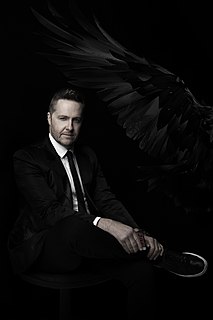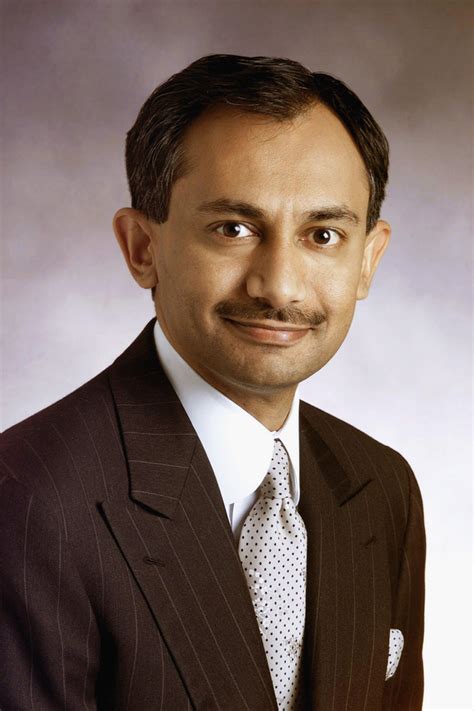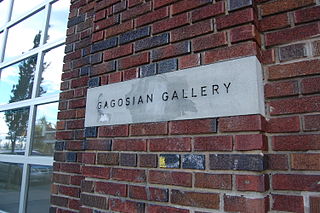A Quote by Sam Altman
I think the best thing you can do is be aware that as a first time founder you are likely to be a very bad manager.
Related Quotes
So, it's a delicate thing, but at the same time our producers and writers are very much aware of the potential downfall that could ensue so I think they're going to be very careful about how they do that. At the same time I don't think they want to leave the characters in the same holding pattern that they've been in for a while. I think that they're all trying to put the characters in a different situation.
I remember meeting my manager Eamonn for the very first time, and one of the first things he said to me was, 'You're fat. The first thing you need to go is get to a gym.' It was quite a wake-up call. I got a bit angry initially, like, 'The cheek of him', but I'm quite a pragmatic and thick-skinned person, so I just went ahead and joined the gym.
What's happening in the larger world always influences art. When I first started the gallery in 1959, one of the first things I learned was that most people assume artists know one thing and one thing only - that they were idiot savants. I found very quickly that most artists were very informed and very aware of what was happening in the world around them. So all of those things go together, especially for earthworks. And at that time there was such an intense interest in American art. So there was a great deal of attention paid to where it was going.
I think functioning as a business manager can be a hindrance to having a real dialogue with the artist. I do think that artists need good lawyers and accountants, because they're dealing with serious money. But an artist who stands behind a manager? That's a little different. I think that can be a bad buffer.



































